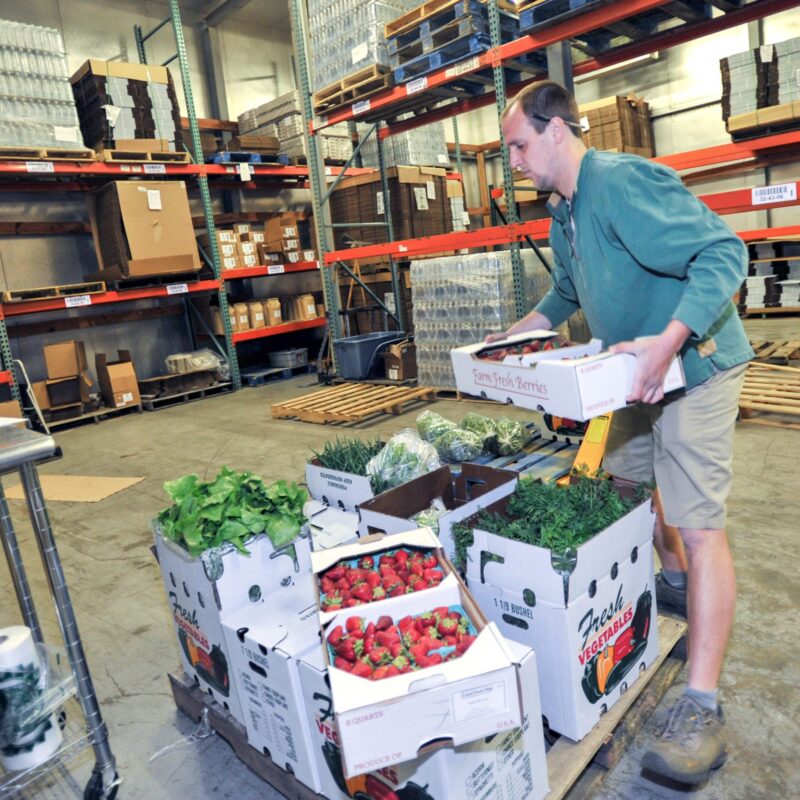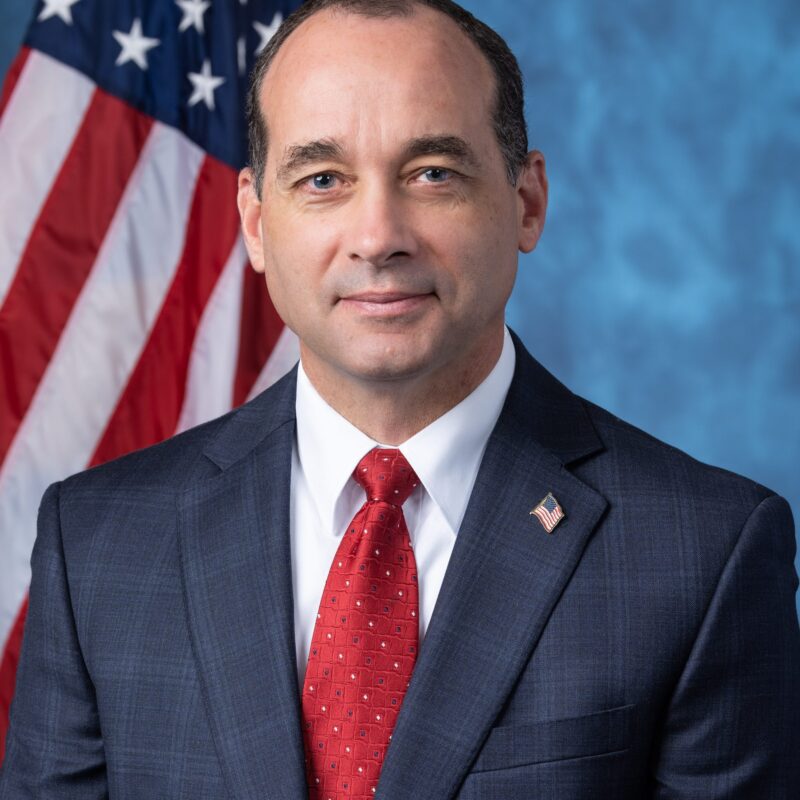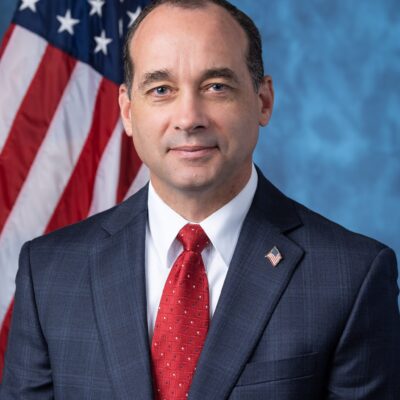This month, the Board of Supervisors in Northern Virginia’s Prince William County (www.co.prince-william.va.us)—fed up by lagging infrastructure to accommodate its dramatic growth—voted unanimously for a de facto moratorium on approving new residential development. They won’t consider any new rezoning requests for all of 2007.
 Symbolic moratoriums on approving development cannot solve "decades of disconnect between transportation and land-use planning" in Virginia, says Jeff Werner of the Piedmont Environmental Council |
“This vote signifies that Prince William County, to the maximum extent possible under Virginia law, will manage the pace of growth in order to ensure that the demands of growth do not outpace the capacity to provide the necessary services and infrastructure,” said W.S. Covington III, the supervisor who proposed the freeze, according to The Washington Post.
While it’s far from clear whether the decision will actually alter the transportation stalemate in Richmond—or even halt construction in a county that has 26,000 housing units already in the pipeline—it’s a symbolic gesture that surely would be popular among many around Charlottesville. Traffic complaints surface at meetings for virtually every major new development, and while Prince William County has grown far more—it gained 74,500 people from 2000 to 2005 according to the Weldon Cooper Center—the Charlottesville metro area had the third highest growth rate in Virginia over that period, at 7.5.
So could it happen here?
Attorney Steven Blaine, who represents Biscuit Run developers, says that the decision in Prince William County reflects a statewide problem. “Those in the know, like the State chamber who compare what we have vis-a-vis other states, see that if we continue to lag in transportation improvements, we’re going to lose the advantages that we have now,” says Blaine. “We could be losing employment, losing opportunities, if we don’t address it. So in that sense, everybody should be jumping up and down saying we’ve got to do something.”
He doesn’t, however, think that the decision will stand up legally: “There’s a pretty well settled law against moratorium. I think that’s what that sounded like.”
Jeff Werner of the Piedmont Environmental Council (www.pecva.org) doesn’t think the current Albemarle Board of Supervisors would do “anything remotely close to what they’re doing up there.” But he still doesn’t think that more State money for insfrastructure is the answer. “The State of Virginia, and the residents of Virginia, simply cannot afford to build and pave every road that the people want,” says Werner. “In order to build our way out of the sprawl that we’ve built, the price tag is so high. We’re reaping what we have sown.”





